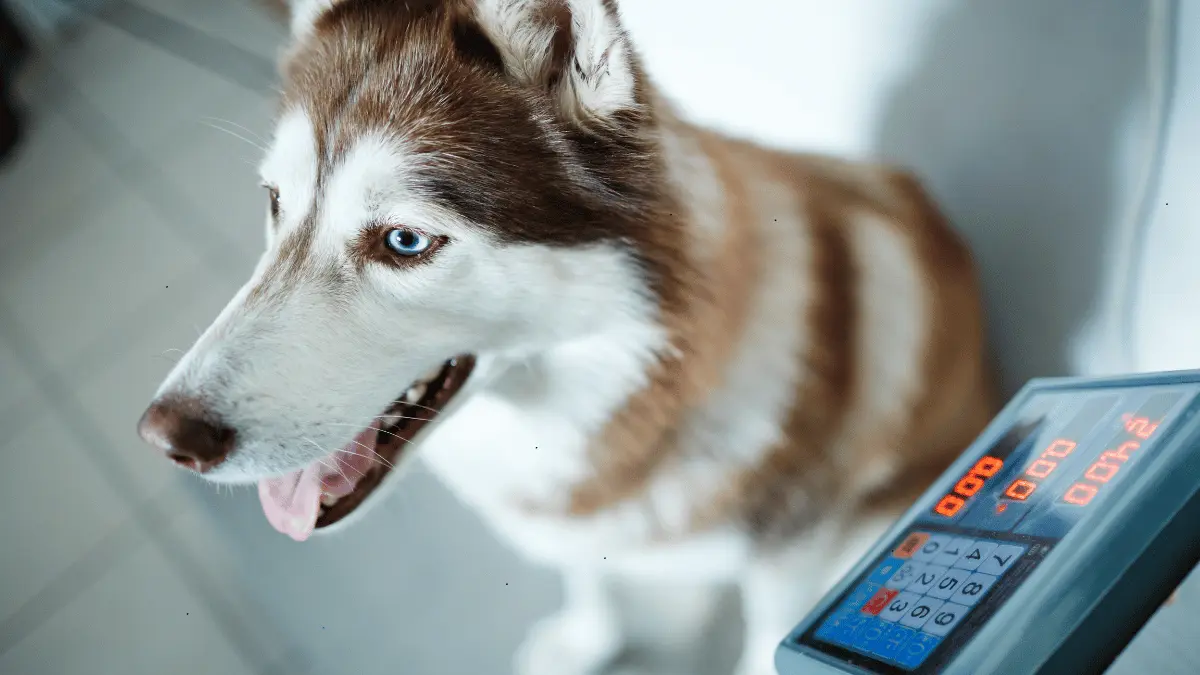Helping a Dog Overcome Trauma: A Guide to Healing
Many dogs experience traumatic events that can leave them emotionally scarred. These experiences can manifest in various behaviors, including anxiety, fear, aggression, and withdrawal. If you have a dog who has been through a traumatic event, it’s important to understand that healing takes time and patience. Here are some strategies to help your dog recover:
1. Create a Safe and Calming Environment
- Establish a safe space: Designate a quiet, comfortable area in your home where your dog can retreat to when feeling overwhelmed or anxious.
- Reduce stress triggers: Minimize exposure to loud noises, sudden movements, or other factors that might trigger your dog’s anxiety.
- Provide consistent routine: A predictable schedule can help your dog feel more secure and less anxious.
2. Seek Professional Help
- Consult a veterinarian: A vet can rule out any underlying medical conditions and provide guidance on behavior modification.
- Consider a dog trainer or behaviorist: A professional can offer tailored advice and techniques to help your dog cope with trauma.
- Explore therapy options: Some dogs may benefit from therapeutic interventions, such as acupuncture, massage, or medication.
3. Build Trust and Bond
- Spend quality time: Engage in activities that your dog enjoys, such as playing fetch, going for walks, or cuddling.
- Be patient and understanding: Avoid punishing your dog for fearful or anxious behavior, as this can worsen their trauma.
- Provide positive reinforcement: Reward your dog for good behavior to build their confidence and trust.
4. Gradual Exposure Therapy
- Introduce new stimuli slowly: Gradually expose your dog to situations or objects that might trigger their anxiety.
- Use positive reinforcement: Reward your dog for calm behavior during exposure sessions.
- Consult a professional: A trainer or behaviorist can guide you through the exposure process.
5. Provide Adequate Exercise
- Regular physical activity: Exercise can help reduce stress and anxiety, promoting overall well-being.
- Choose appropriate activities: Select activities that are suitable for your dog’s age, breed, and physical condition.
6. Be Patient and Consistent
- Healing takes time: Understand that recovery from trauma can be a lengthy process.
- Maintain a consistent approach: Stick to your training plan and avoid making sudden changes.
Remember, helping a dog overcome trauma requires patience, understanding, and a commitment to their well-being. By following these guidelines and seeking professional help when needed, you can support your dog’s recovery and create a happier, healthier life together.
Keywords: dog trauma, dog anxiety, dog fear, dog aggression, dog behavior, dog training, dog therapy, dog rehabilitation, dog recovery, dog healing














